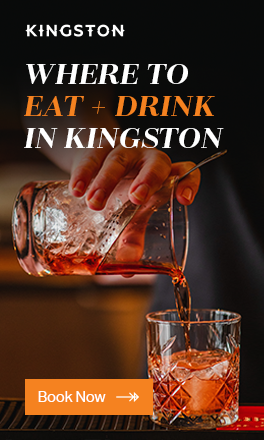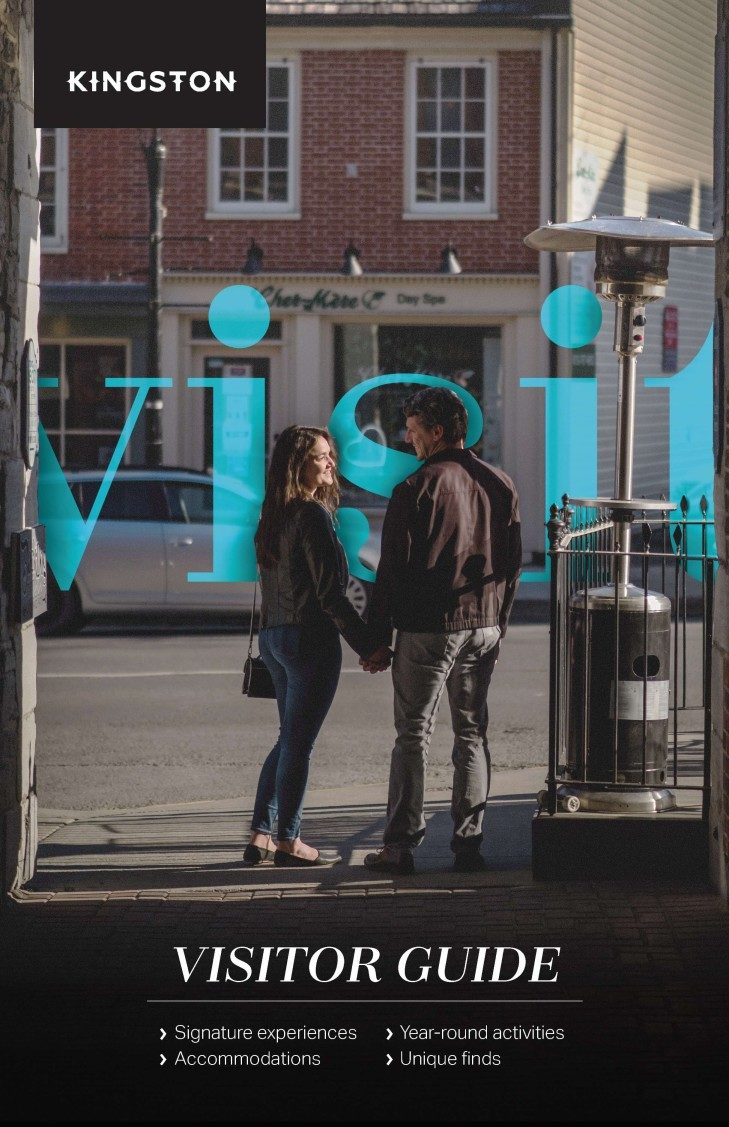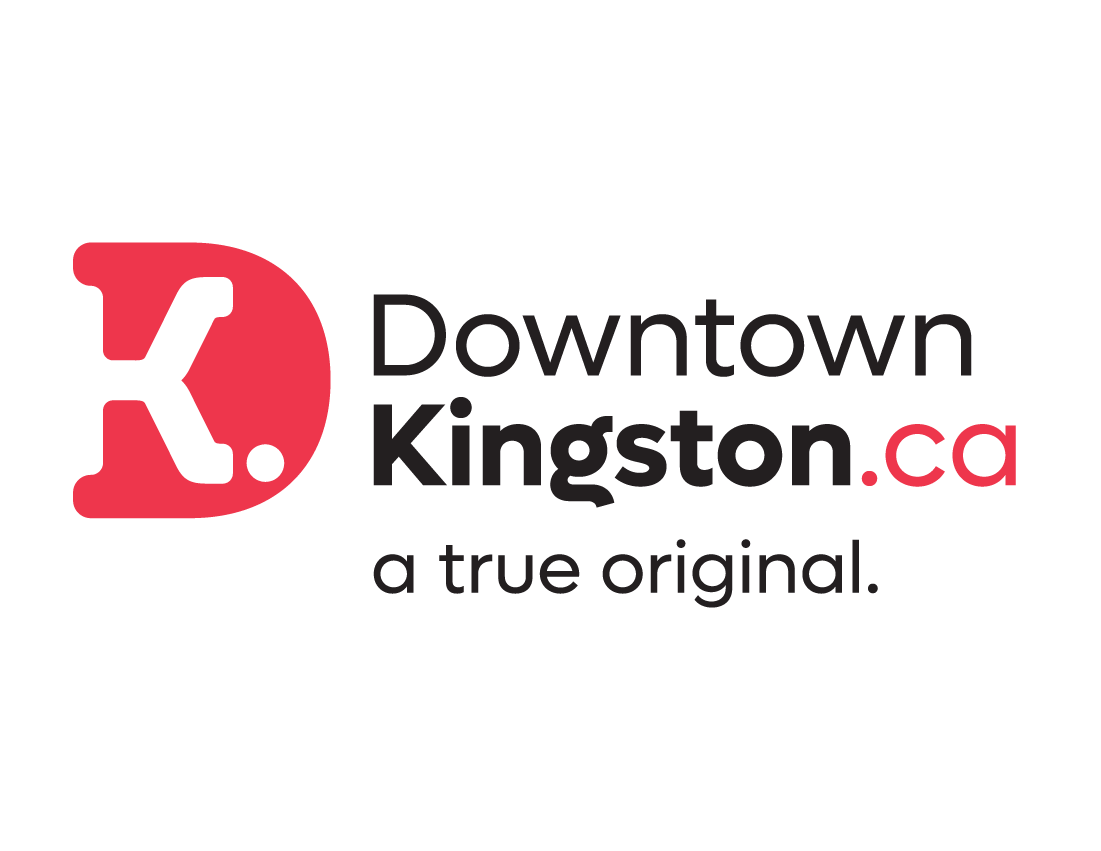Stephen Harper paid tribute to the country’s first prime minister Sunday, marking the 200th anniversary of the birth of Sir John A. Macdonald by saying the Scots-born politician “forged Canada out of sheer will.”
“Never forget, there was nothing certain or inevitable about what Macdonald and his fellow fathers of Confederation accomplished. It was in fact remarkable,” Harper told a room full of dignitaries — including two former prime ministers — under tight security at the historic city hall in Kingston, Ont.
“Without Sir. John A. Macdonald, Canada as we know it — the best country in the world — simply would not exist,” Harper said to applause.
Macdonald’s political career as a Kingston alderman began the year the cornerstone of Kingston City Hall was laid, 1843, and after his death the first prime minister of Canada lay in state in the same room where Harper delivered his remarks.
Harper called Macdonald “a shining example of modesty, hope and success,” that mirrors the country itself.
The Royal Canadian Mint showed off the template of a new Macdonald $2 toonie, and a refurbished portrait of Sir John A. was unveiled.


It was a decidedly non-partisan event — with former Liberal prime minister John Turner and Progressive Conservative Kim Campbell in attendance — but Harper’s comments dovetailed with his Conservative party election message this year that Liberal Leader Justin Trudeau is unready to govern despite his lineage and high-profile name.
“Nation building is never complete,” said Harper, noting the “challenges and opportunities” are even greater for the country as it approaches its 150th birthday.
“So as we proudly participate in the celebrations of 2017, let us always remember that so much of it was made possible by an ordinary man of whom little was expected but who, given the opportunity, did extraordinary things,” said the prime minister.
“That, in my mind, is really what this country is all about, like none other in the world: A country where what you’ve done and where you’re going always matter more than where you’re from or who you know.”
Ted Hsu, the local Liberal MP who won’t seek re-election this year, saw nothing partisan in Harper’s remarks and said it was a fitting tribute.
“One of the things that made Canada possible was (Liberal) George Brown crossing the floor, and the (founding) party was known as the Liberal-Conservatives,” Hsu said in an interview.
“Different parties getting together, different religions getting together, different languages getting together, people living in different geographic regions of Canada getting together — I think that’s the legacy of Sir John A. so it’s very appropriate that it not be partisan.”
The bicentenary of Macdonald’s birth has spurred a fresh round of historical review and research, including some unflattering depictions of Macdonald’s policies and attitudes toward Canada’s First Nations. He helped implement and defended the residential schools system in the 1880s, a blight on the country whose impacts remain felt to this day.
Harper did not raise the schools issue in his speech but did allude to Macdonald’s “faults and failures” — specifically Sir John A.’s notorious battles with the bottle.
“Whatever (the cause), Macdonald was acutely aware of his own humanity and, as a consequence, very forgiving of it in others.”
Two native elders blessed the event before the prime minister’s speech. A handful of enterprising protesters — one leading a donkey, another a sheep — paraded on the streets outside where local and national police made a show of providing very evident security.
Campbell, Canada’s only female prime minister who served for just over four months as a Progressive Conservative in 1993, said in an interview that Macdonald should be viewed as a man of his times who shared the prevailing opinions of the day toward natives.
“We’ve built a society with the rule of law and with respect and protection for people that enables us to be resilient. And it started with Sir John A. Macdonald at Confederation,” said Campbell.
“The fact of the matter is he really did have a vision and he followed it up. The building of the railway, the creation of the Northwest Mounted Police so that there would be law and order on our side of the border in the West. On the American side it was a no-man’s land and the rule of the gun.”
Harper did not make himself available to the large media contingent on hand for the event and did not take questions from reporters afterwards.
“Without Sir. John A. Macdonald, Canada as we know it — the best country in the world — simply would not exist,” Harper said to applause.
Macdonald’s political career as a Kingston alderman began the year the cornerstone of Kingston City Hall was laid, 1843, and after his death the first prime minister of Canada lay in state in the same room where Harper delivered his remarks.
Harper called Macdonald “a shining example of modesty, hope and success,” that mirrors the country itself.
The Royal Canadian Mint showed off the template of a new Macdonald $2 toonie, and a refurbished portrait of Sir John A. was unveiled.
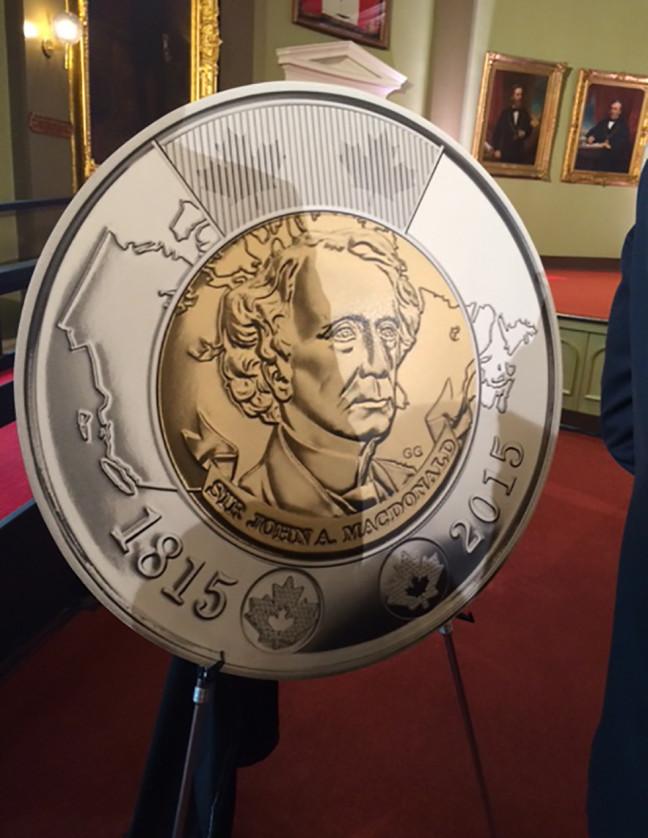
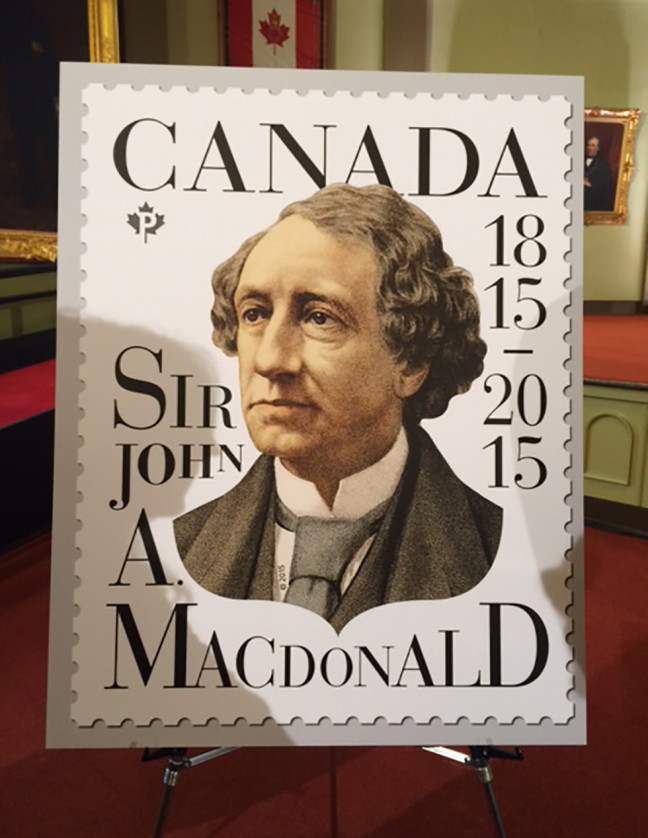
It was a decidedly non-partisan event — with former Liberal prime minister John Turner and Progressive Conservative Kim Campbell in attendance — but Harper’s comments dovetailed with his Conservative party election message this year that Liberal Leader Justin Trudeau is unready to govern despite his lineage and high-profile name.
“Nation building is never complete,” said Harper, noting the “challenges and opportunities” are even greater for the country as it approaches its 150th birthday.
“So as we proudly participate in the celebrations of 2017, let us always remember that so much of it was made possible by an ordinary man of whom little was expected but who, given the opportunity, did extraordinary things,” said the prime minister.
“That, in my mind, is really what this country is all about, like none other in the world: A country where what you’ve done and where you’re going always matter more than where you’re from or who you know.”
Ted Hsu, the local Liberal MP who won’t seek re-election this year, saw nothing partisan in Harper’s remarks and said it was a fitting tribute.
“One of the things that made Canada possible was (Liberal) George Brown crossing the floor, and the (founding) party was known as the Liberal-Conservatives,” Hsu said in an interview.
“Different parties getting together, different religions getting together, different languages getting together, people living in different geographic regions of Canada getting together — I think that’s the legacy of Sir John A. so it’s very appropriate that it not be partisan.”
The bicentenary of Macdonald’s birth has spurred a fresh round of historical review and research, including some unflattering depictions of Macdonald’s policies and attitudes toward Canada’s First Nations. He helped implement and defended the residential schools system in the 1880s, a blight on the country whose impacts remain felt to this day.
Harper did not raise the schools issue in his speech but did allude to Macdonald’s “faults and failures” — specifically Sir John A.’s notorious battles with the bottle.
“Whatever (the cause), Macdonald was acutely aware of his own humanity and, as a consequence, very forgiving of it in others.”
Two native elders blessed the event before the prime minister’s speech. A handful of enterprising protesters — one leading a donkey, another a sheep — paraded on the streets outside where local and national police made a show of providing very evident security.
Campbell, Canada’s only female prime minister who served for just over four months as a Progressive Conservative in 1993, said in an interview that Macdonald should be viewed as a man of his times who shared the prevailing opinions of the day toward natives.
“We’ve built a society with the rule of law and with respect and protection for people that enables us to be resilient. And it started with Sir John A. Macdonald at Confederation,” said Campbell.
“The fact of the matter is he really did have a vision and he followed it up. The building of the railway, the creation of the Northwest Mounted Police so that there would be law and order on our side of the border in the West. On the American side it was a no-man’s land and the rule of the gun.”
Harper did not make himself available to the large media contingent on hand for the event and did not take questions from reporters afterwards.

